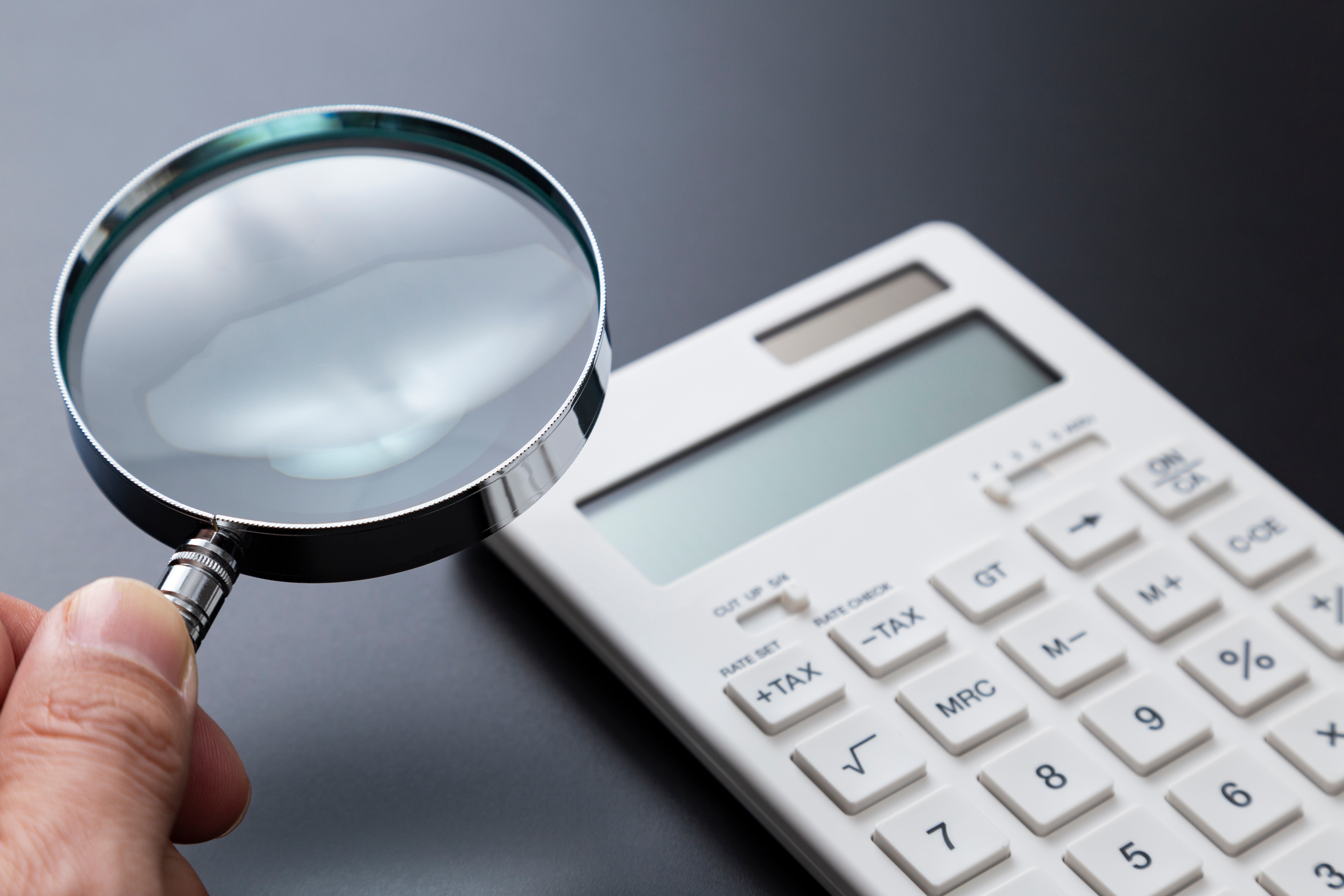The “Dirty Dozen” for 2025
Each year the IRS identifies the top dozen tax scams for taxpayers to watch out for. The “dirty dozen” campaign was begun in 2002, and has evolved over time. More and more, the internet has become the vector for bad actors and bad tax information. The list:
- Email phishing scams, also including “smishing,” which is phishing via texts on a smartphone.
- Bad social media advice, including specifically on TikTok.
- IRS Individual Online Account help from scammers—third parties are not needed to establish an Individual Online Account.
- Fake charities.
- False Fuel Tax Credit Claims, which is only allowed for off-highway business and farming uses.
- Credits for Sick Leave and Family Leave, which were only allowed in 2020 and 2021 during the pandemic.
- Bogus self-employment tax credit.
- Improper household employment taxes.
- The overstated withholding scam.
- Misleading offers in compromise.
- Ghost tax return preparers, which includes any tax preparer unwilling to sign the return or include the IRS Preparer Tax Identification Number.
- The new client scam. This one is aimed at tax professionals, rather than at the general public. The scammer pretends to be a potential new client via email, and will include a malicious attachment to the email which can compromise the tax professional’s computer systems. The scammer may then access client information to be used for fraudulent refund claims and the like.
For more information on these and other scams related to taxes, visit the IRS website at https://www.irs.gov/newsroom/dirty-dozen-tax-scams-for-2025-irs-warns-taxpayers-to-watch-out-for-dangerous-threats.
© M.A. Co. All rights reserved.
